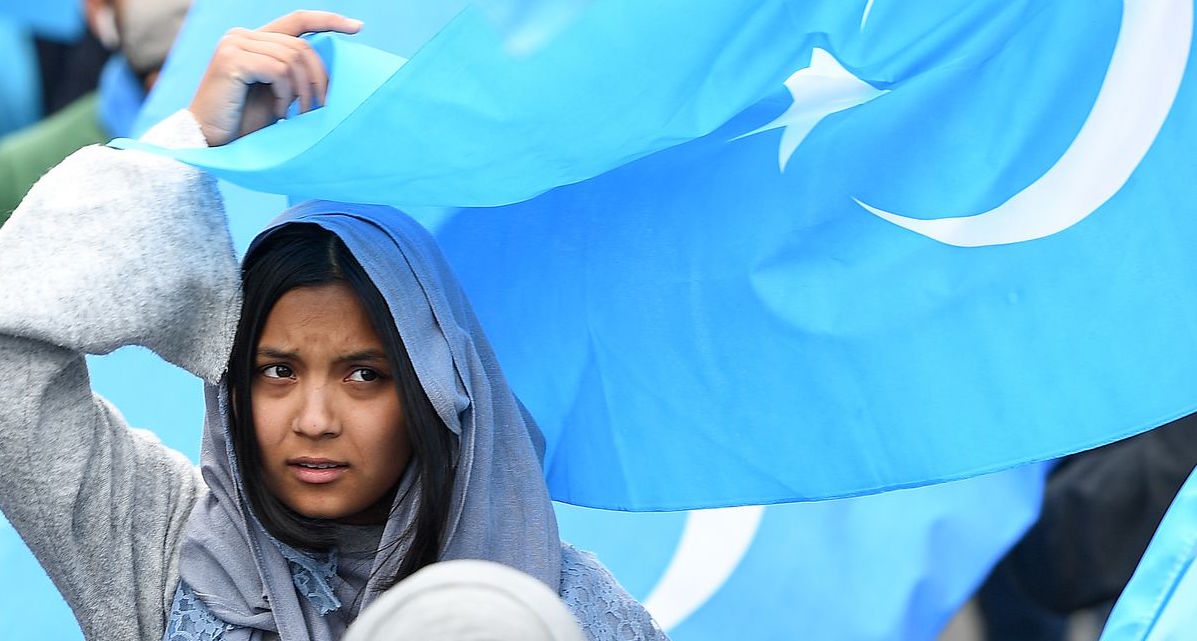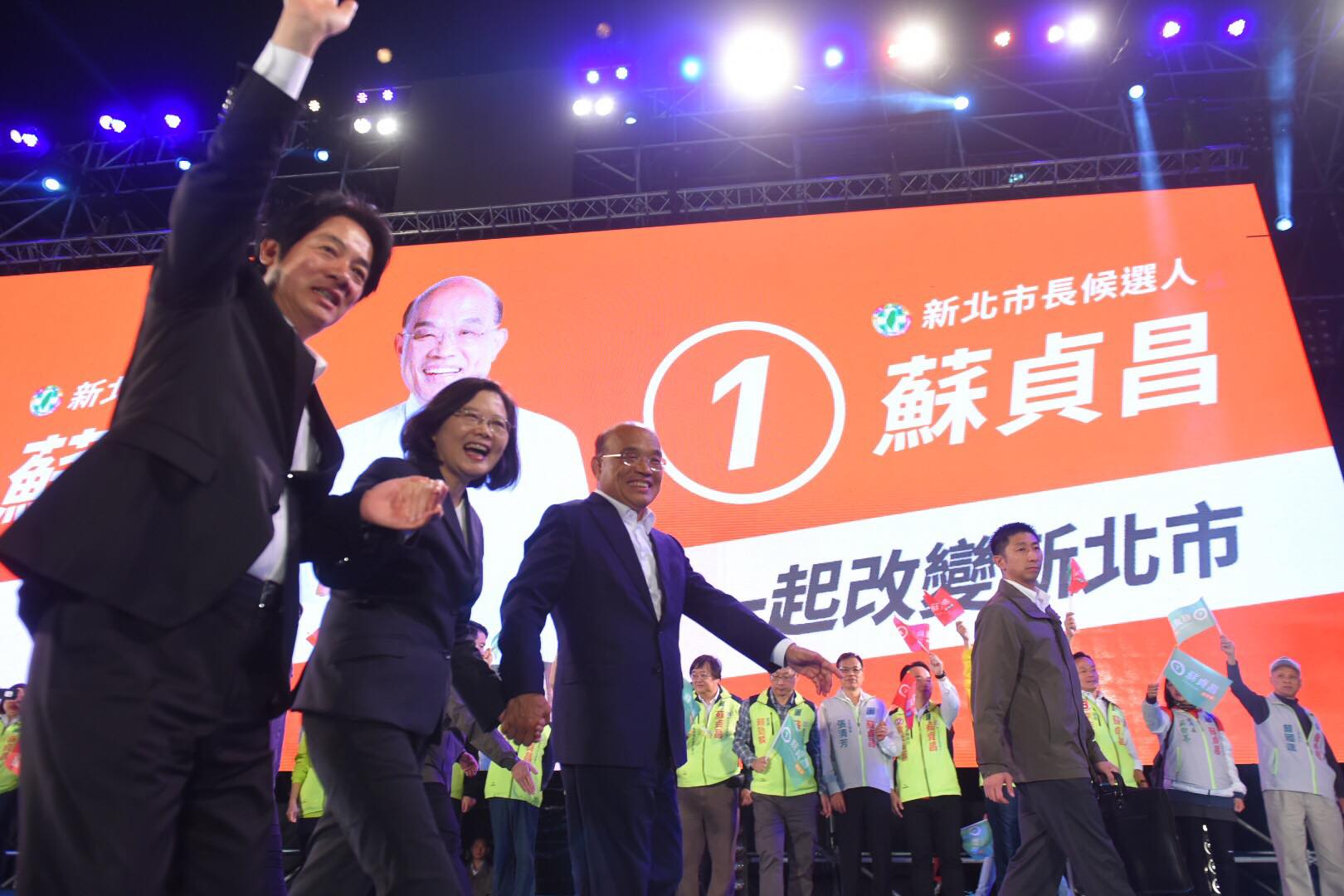Once again an international institution is allowing China to create a major blind spot in the global surveillance system.
“As national boundaries become increasingly meaningless to criminals, effective and timely police communication across borders is more important than ever before. At INTERPOL, one of our priorities is to enable the world’s police to exchange information securely and rapidly.”
Thus states the Interpol “I-24/7” global police communications system web page. The key passage — As national boundaries become increasingly meaningless to criminals — deserves repeating, as it is absolutely true that international terrorists, human, arms and drug traffickers, triad members, serial killers and other threats to society do not care about, let alone respect, national boundaries.
“I-24/7 is the network that enables investigators to access INTERPOL’s range of criminal databases,” the site continues. “Authorized users can search and cross-check data in a matter of seconds, with direct access to databases on suspected criminals or wanted persons, stolen and lost travel documents, stolen motor vehicles, fingerprints, DNA profiles, stolen administrative documents and stolen works of art.”
Unfortunately, while, as Interpol rightly observes, criminals and terrorists do not respect national boundaries, the international police agency still allows the very same boundaries — even artificial ones, for that matter — to obstruct the timely information sharing that is necessary to track and prevent crime.
Nothing better encapsulates this deficiency than Interpol’s refusal to give Taiwan access to the I-24/7 database ahead of the 2017 Universiade, which Taipei will host from from Aug. 19-30. Putting politics ahead of public safety, Interpol headquarters in Lyon, France, told the Taiwanese that Taiwan’s Criminal Investigation Bureau should request the information from Beijing…Taiwan’s greatest national security threat and the reason why Taiwan was ejected from Interpol in 1984 when China became a member. To add insult to injury, the current head of Interpol is Meng Hongwei, who is also China’s Vice Minister of Public Security and whose appointment (until 2020) has raised questions about possible Interpol complicity in hunting down activists and members of ethnic minorities that are critical of the authoritarian regime in Beijing (Uyghur activist Dolkun Isa has already been the victim of such developments).

As with other issues involving Taiwan’s ability to obtain crucial information, whether it be civil aviation or epidemiological monitoring, China’s politics — specifically its sovereignty claims over Taiwan and its willingness to isolate the democratic island-nation for its refusal to be annexed — has gainsaid the logic of public safety for all: not just the Taiwanese, not just the Chinese, but the millions of global citizens who visit or transit through this part of the world annually. Yet again, as with International Civil Aviation Organization (ICAO) and the World Health Organization (WHO), China and complicit international organizations that give in to Beijing’s pressure are putting lives at risk by allowing Beijing to create a major blind spot in the global surveillance system, one that pathogens, criminals, terrorists and human error are sure to exploit to the hilt.
One wonders what the victims of a mass terror attack and their families would think if it were subsequently discovered that information held by Interpol could have prevented the act…if only it had been shared with Taiwanese authorities.
Once again, facing this dangerously myopic obstructionism, Taiwan has had to think creatively to obtain the necessary information by indirect means. In this case, this meant cooperating with the police agencies and intelligence of many of the countries that will send participants to the Universiade later this month. But the more layers are added to information-sharing using a patchwork of secure systems, the likelier it is that information will be lost, or that it will not be obtained in timely fashion.
According to statistics from the Taipei City Government, the 2017 Universiade will be the largest sports event ever held in Taiwan. More than 11,000 representatives from 131 countries, with 7,639 athletes, are expected to participate in the 12-day event.
Given the desire by extremist organizations like ISIS and al-Qaeda affiliates — many of them with a presence in Southeast Asia — to exploit weaknesses and target high-profile events to maximize the propaganda effects of their acts, and given the presence of hundreds of individuals representing countries that are directly targeted by those groups (Taiwan has been named a target by ISIS), global gatherings such as the Universiade should receive all the possible assistance from the various agencies charged with combatting terrorism, and logically Interpol should have had the wisdom to lift, if only temporarily and for the duration of the games, its politically motivated ban on information-sharing with Taiwan. (Ironically the Chinese government is putting the safety of its own athletes at risk by letting politics come before global cooperation.)
Should something happen (and let us hope that it doesn’t), Taiwan’s law-enforcement agencies will receive the immediate blame. One wonders, however, what the victims of a mass terror attack and their families would think if it were subsequently discovered that information held by Interpol could have prevented the act…if only it had been shared with Taiwanese authorities.
The continued surrender to politics by global agencies charged with protecting us from deadly pathogens, wrongdoers and accidents threatens all of us and must end. When it comes to these scourges, national borders are indeed meaningless. Before it’s too late, Interpol and other institutions ought to practice what they preach. There are no exceptions. Not even China has a right to dictate the terms of global cooperation on such matters.
Top photo courtesy of the Taipei 2017 Universiade – 世大運 official Facebook page.
You might also like
More from Cross-Strait
Taiwanese Celebrities Who Bow to China: A Tempest in a Teapot
Taiwanese entertainers Ouyang Nana and Angela Chang have sparked controversy in Taiwan over news that they will perform at China’s …
In Memoriam: Lee Teng-Hui and the Democracy That He Built
The former president of Taiwan is the incontestable refutation of the belief that history is merely an impersonal force, that …
The Making of ‘Insidious Power: How China Undermines Global Democracy’
A new book released on July 30 takes a close look at the agencies and mechanisms of CCP 'sharp power' …









